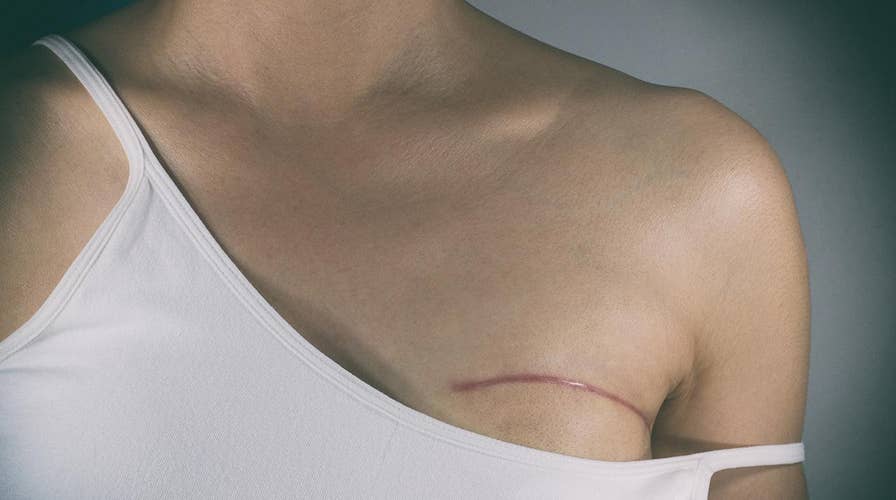Breast Cancer Awareness Month: Everything you need to know
In 2018, an estimated 266,120 new cases of invasive breast cancer are expected to be diagnosed in women in the U.S. Learn what to know about this deadly cancer and preventative steps you can take to reduce your risk.
More than 40,000 women will be killed by breast cancer this year in the U.S., according to the American Cancer Society (ACS).
Women face a one-in-37 chance of dying from the disease, which, according to the ACS, is the second-leading cause of cancer death in women behind lung cancer.
Read on to learn about symptoms of the disease.
What are some breast cancer signs to be aware of?
Many women are diagnosed during a routine mammogram without exhibiting any symptoms, according to Dr. Laura Spring, of Massachusetts General Hospital in Boston, Mass.
However, some warning signs include a lump, persistent pain in one area that doesn't go away, and hardening or thickening around the breast and armpit, Spring explained.
“What’s most important is for women to know what’s normal for them and to be aware of changes in the breast,” she said.
Stanford University Medical Center professor Dr. Douglas Blayney said patients may experience bone pain and have weakened bones and fractures if the cancer has already spread.
What else should I know?
Skin dimpling -- when it “starts looking like a peeled orange” -- is unusual, Dr. Parvin Peddi, an oncologist at UCLA Health, told Fox News.
It “can be a sign of a cancer underneath that is pulling the skin in,” she said.
“Very uncommonly” do women have nipple discharge or blood coming from their nipples, said Dr. Adam Brufsky, a professor at the University of Pittsburgh School of Medicine. However, he added that bloody nipples do not necessarily indicate cancer.
Dr. Margaret Chen, a breast surgeon at NewYork-Presbyterian/Columbia University Medical Center, said that asymmetry and pain are less common symptoms of cancer. She stressed the importance of routine mammograms, given that there are often no warning signs.
Skin redness and feeling warmth in the breast are both rare breast cancer symptoms, according to Spring. She advised women with any questions or concerns to see a doctor.
A new Danish study found that birth control pills that are lower in estrogen, like older pills, were linked to raising the risk of breast cancer, especially with long-term use.
Experts suggested women in their 40s should consider using non-hormonal IUDs, getting their tubes tied or talking with their partners about vasectomy.
About 140 million women use some type of hormonal contraception, including about 16 million in the United States.
The Associated Press contributed to this report.

